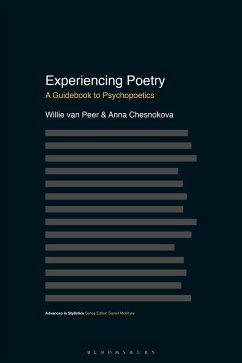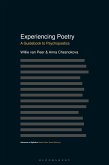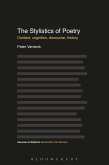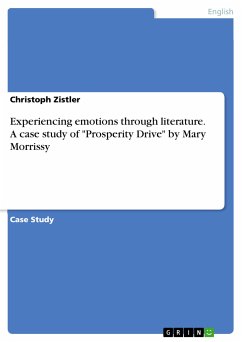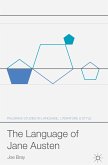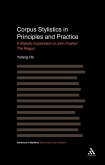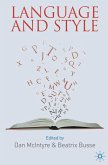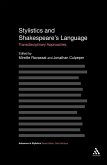How do we experience poetry as readers? What is it in the text that provokes particular reactions, and how can we methodologically reveal these effects?
Introducing an evidence-based approach to poetics, this book explores the psychological effects of poetic form and content, with an emphasis on how real readers respond to and experience poetry. Engaging with texts from diverse cultural and historical settings, it covers the basics of stylistic theory while at the same time outlining the specific methods required to categorize readers' cognitive, emotional and attitudinal reactions. Chapters guide you through engaging experiments, covering key concepts such as significance, averages, deviation, outliers and reliability, and bring poetry to life by drawing on YouTube performances and musical renditions of the texts.
With further readings, a glossary of key terms and ancillary resources providing an overview of research methodology, this book equips you with all the linguistic and analytical tools needed to uncover the psychological workings of poetry.
Introducing an evidence-based approach to poetics, this book explores the psychological effects of poetic form and content, with an emphasis on how real readers respond to and experience poetry. Engaging with texts from diverse cultural and historical settings, it covers the basics of stylistic theory while at the same time outlining the specific methods required to categorize readers' cognitive, emotional and attitudinal reactions. Chapters guide you through engaging experiments, covering key concepts such as significance, averages, deviation, outliers and reliability, and bring poetry to life by drawing on YouTube performances and musical renditions of the texts.
With further readings, a glossary of key terms and ancillary resources providing an overview of research methodology, this book equips you with all the linguistic and analytical tools needed to uncover the psychological workings of poetry.

